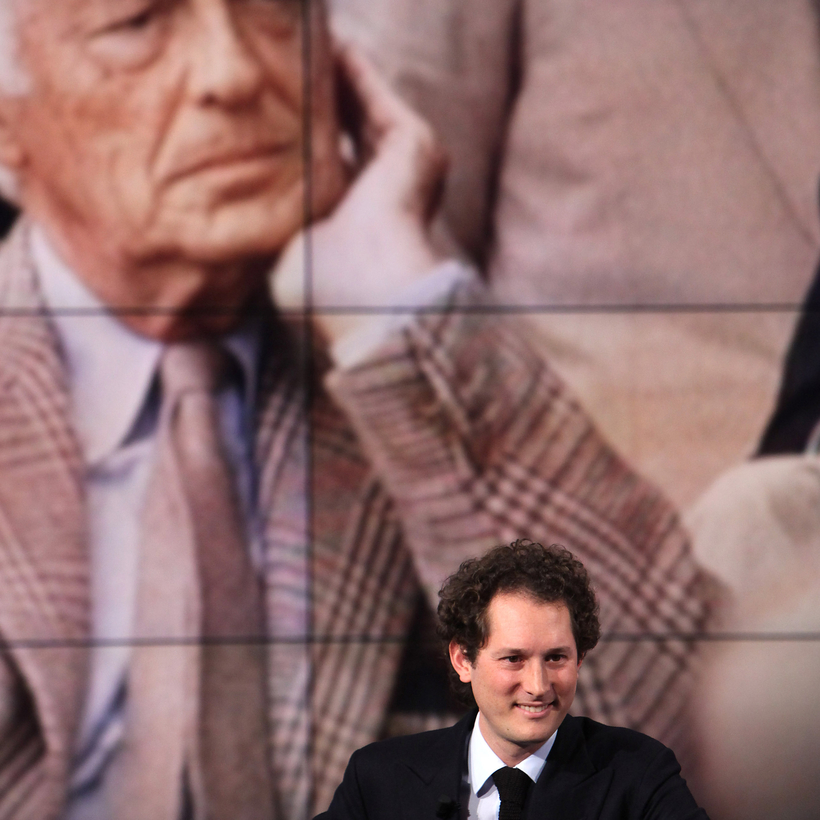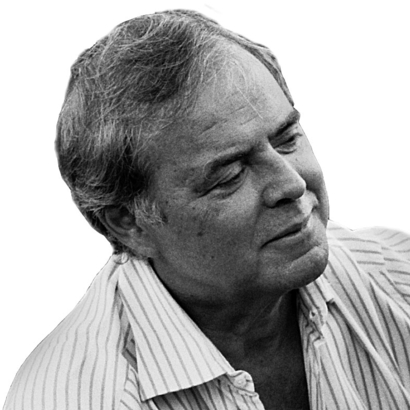Much like his grandfather Gianni Agnelli, who combined Rockefeller wealth with Kennedy glamour, John Elkann has an intuitive sense that a successful businessman has a strong command of media. Though his day job is chairman of Fiat Chrysler (he was appointed to the board when he was 22), as well as chairman of Ferrari, Elkann has always had a keen interest in the press. Until a few years ago, he held a seat on Rupert Murdoch’s News Corp board, and in 2015 he acquired a majority stake in The Economist. He’s a regular attendee at Allen & Co.’s Sun Valley media-and-tech conference, and at the annual “Google Camp,” in Sicily. For many years, he held a seat (inherited from his grandfather) on the board of Rizzoli Corriere della Sera (RCS). When he hosted the 150th-anniversary celebration of the Turin-based newspaper La Stampa (which his family has owned since 1926) in 2017, Jeff Bezos spoke on a panel about the “Future of Newspapers,” debating with Elkann.
So it should have come as no surprise to Italians when the 44-year-old revealed in December that he had, through Exor, the Agnelli family’s $163-billion-in-revenue publicly traded company, put down more than $225 million to take control of Italy’s largest publisher, Gedi. Yes, the Agnelli fortune was built on Fiat, but it has always believed in balancing tradition with innovation. Thus it boasts a global portfolio that balances those two values—and spans luxury and industry, including the soccer team Juventus, a major art collection donated in part to the city of Turin, and the Giovanni Agnelli Foundation, which conducts social-policy research. In acquiring Gedi, Elkann wasn’t just aligning innovation and tradition; he was also gaining control of two of Italy’s most influential newspapers: the Rome-based, liberal-leaning La Repubblica, and the centrist, Turin-based La Stampa, which, after a few years, was coming back into the family fold. (Full disclosure, I am an occasional columnist for La Repubblica. )


